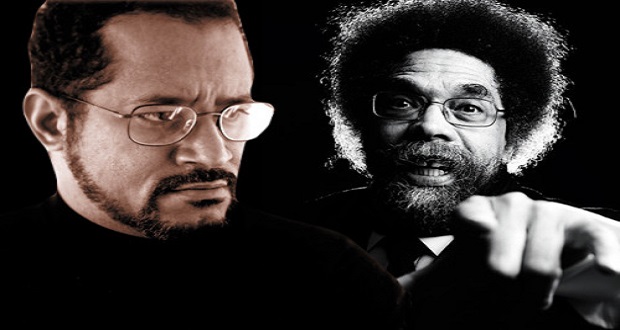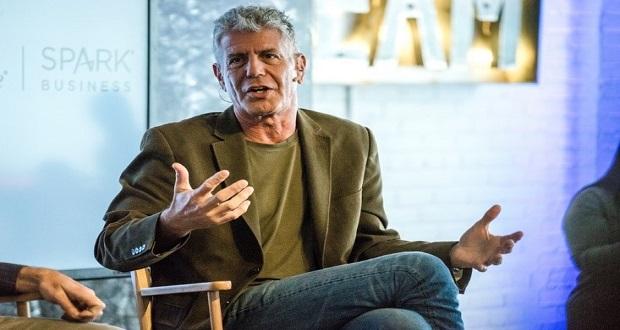
Over the past two weeks, Supreme Court Nominee Judge Brett Kavanaugh has been faced with allegations regarding sexual misconduct from three women, including Dr. Christine Blasey Ford, who testified before the Senate Judiciary Committee last week. She testified that Kavanaugh assaulted her during a party when they were in high school in the early 1980s. Judge Kavanaugh dismissed these allegations in his own testimony to the committee, saying he believes Ford when she claims she was assaulted, but that she was wrong that he had done it.
This is obviously not the first instance in which the sexual conduct of a male public figure has been called into question. More importantly, this is also not the first time a woman has voiced her truth, then made out to be a liar, or as having flawed memory, in the public eye. Much like previous cases, this has been met with outrage on both sides. Supporters of Dr. Ford are seeking justice for her and every victim of sexual assault that for various reasons chose not to disclose. Others have shown intense disgust towards the allegations, claiming that Judge Kavanaugh would have never committed such an act and that this is clearly an attack on his character. We may be inclined to look at this instance in isolation or frame it as just “another sexual misconduct case”, but this type of narrative, a narrative that victim blames and claims male infallibility, will persist until we address the larger system that enables it.
We, as men are taught from an early age that our gender entitles us to various things. We are allowed and encouraged to be strong, fight for what we want, demand more because we are deserving of such. Women aren’t always taught the same. They are often held to a more restrictive standard and told how they should behave and what they are capable of, which is usually less than their male counterparts. These messages inform gender roles and allow space for threatening and abusive behavior. This has been the case long before the #MeToo movement was established to support survivors and end sexual violence.
As this case has unfolded, I have been reflecting on the role gender plays… the role men play… the role I play in marginalizing women and their experiences. What other messages do we learn as the norm throughout our lives? What norms do we passively accept that empower our male privilege while leaving our women counterparts without equal treatment? And how do those messages and norms impact the narrative, and our ability to disrupt it, in cases like the Ford/Kavanaugh case, where some, like President Trump, have openly tried to undermine the victim’s credibility. I believe these are questions that we need to ask ourselves to truly work towards dismantling a structure that does not value groups equitably, solely based on the identities they hold.
Robin DiAngelo explains in her recent work White Fragility that no oppressed group has been able to give power to themselves. They did not have the ability to give something that they have never held. It took allies and those that held power to help push the needle.
Gender issues are no exception. If we truly believe in equitable treatment of women, we as men must become better allies. We cannot expect issues such as racism, sexism, homophobia, or any other systemic identity-based issue of marginalization to change if we as individuals do not take the time to address the biases that we hold. This calls for engaging with the intersectionality of these issues. We must make a conscious effort to unpack the biased messages we have internalized and unlearn the norms we’ve ascribed to if we want to see larger societal change. We need to address our social circles and communities of other males and hold each other accountable.
I am calling on ALL men… and if you don’t think you a part of the issue, trust me, by removing yourself from responsibility of actively finding a solution and separating yourself from the collective, you are indeed part of the problem.


















